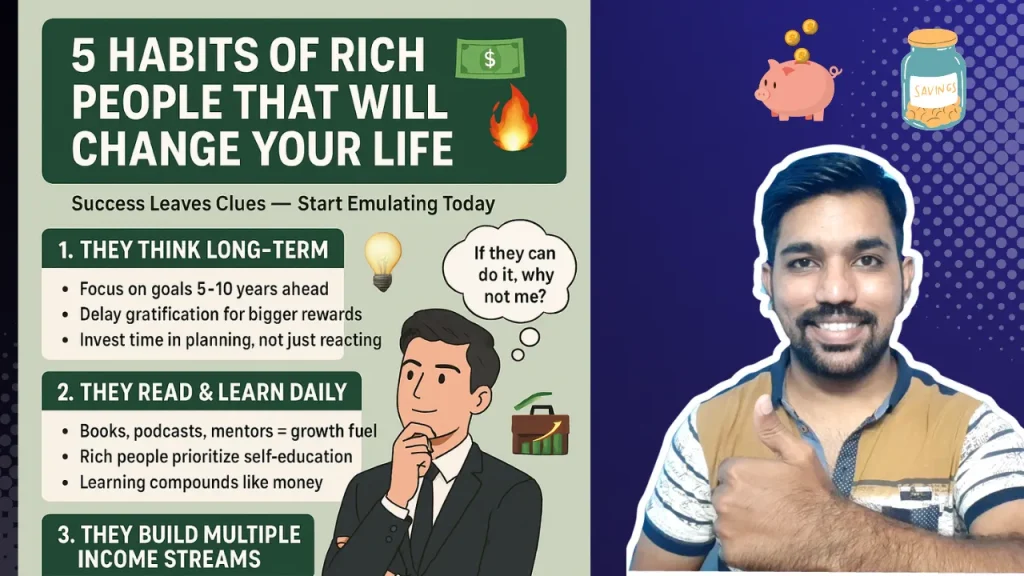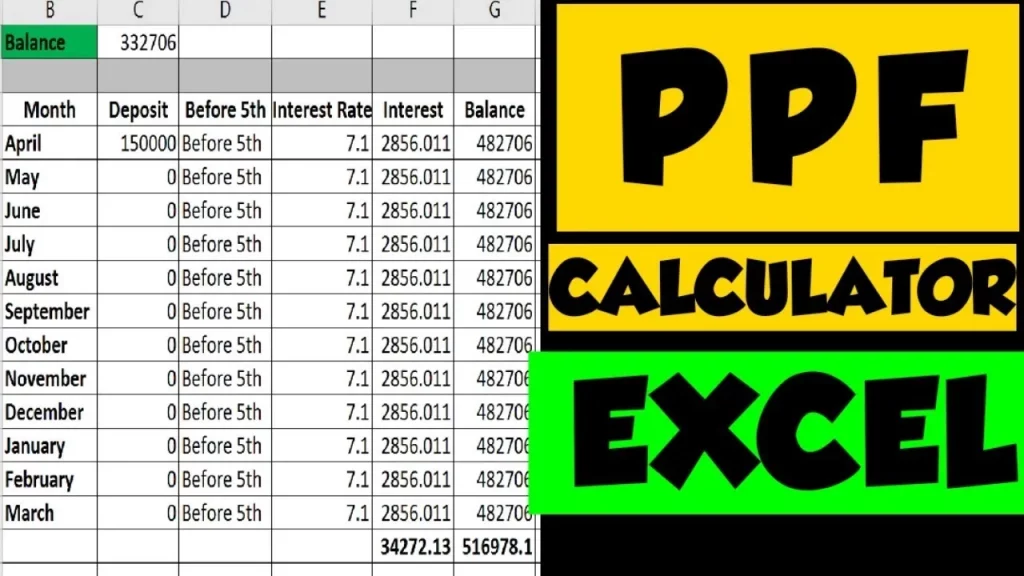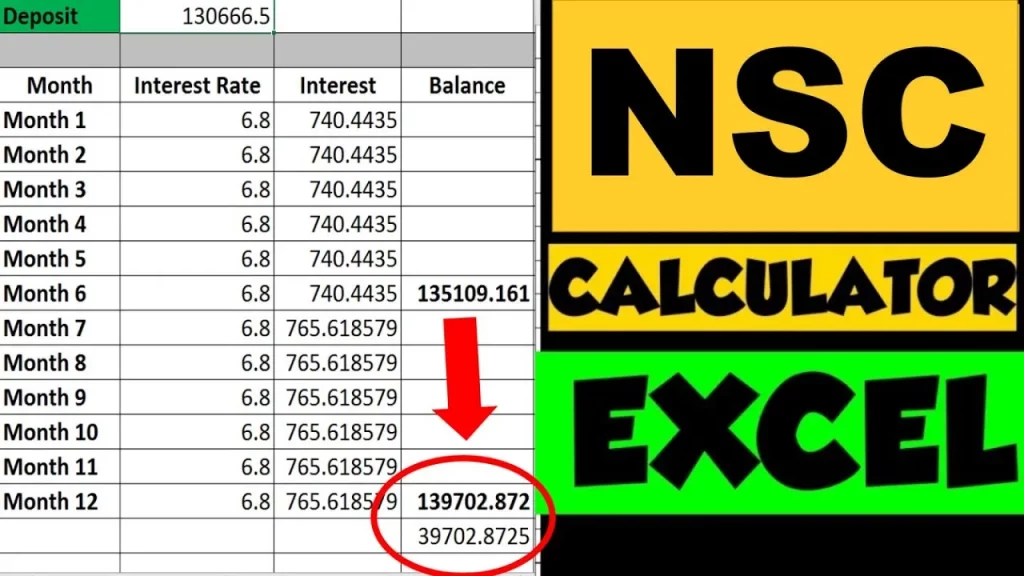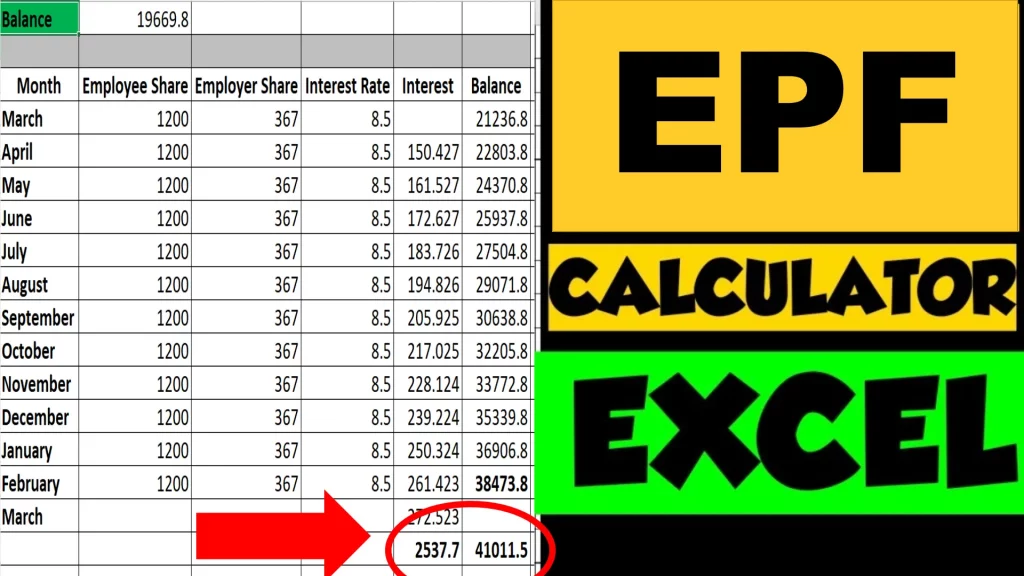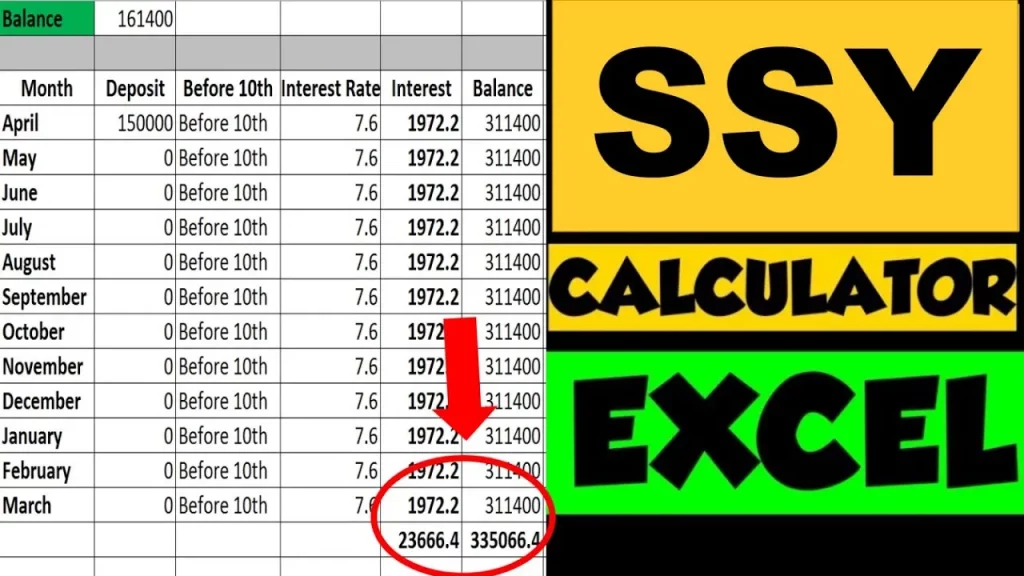The journey to financial freedom is often misunderstood. Many believe it’s solely about budgeting every penny or landing a high-paying job. While these factors are important, the foundation of wealth is built on a specific mindset and a set of consistent habits. 5 important Habits of Rich People includes – courage to do it anyway, power from going zero to one, questioning the existing money beliefs, making money while sleeping and treating failure as data point and not a personal failure. These habits of rich people can help you grow financially and emotionally.
Let us discuss them in detail.
1. The Courage to “Act Anyway”
The first and arguably most powerful habit is the ability to “Act Anyway.” This principle addresses the paralyzing force of self-doubt and fear. We all have an “inner voice” that whispers reasons not to take a risk, not to start a business, or not to speak up. The wealthy, however, have learned to recognize this inner voice as just noise. They understand that confidence is not a prerequisite for action; it is a byproduct of it.
For a young adult starting their financial journey, this means:
- Starting a side hustle even if you’re not sure it will work.
- Applying for a job you feel underqualified for.
- Investing your first dollar even if the market feels uncertain.
Confidence is built through doing. Each small step you take despite your fears is a vote for your future self, proving that you are capable of achieving more than you thought possible. This habit is the engine that drives all other habits because it enables you to move past inaction and into the realm of opportunity.
2. The Power of “Zero to One”
Moving from a state of “zero” to “one”—that is, starting a new venture from scratch and making it successful—requires a level of intense focus that many are unwilling to commit to. This phase is not about balance; it’s about obsession. This isn’t a lifelong state, but an important period where you must pour your energy and focus into building a foundation.
This obsession involves:
- Finding the intersection of your passions, skills, and market demand.
- Making short-term sacrifices to fuel your long-term vision.
- Deep-diving into learning everything you can about your chosen field.
For example, a person starting an online business might spend their nights and weekends learning about marketing, building their website, and creating products. This period of intense, focused effort is what generates the initial momentum required to escape the ordinary and build something extraordinary.
ALSO READ: 7 Middle Class Habits that keep you Stuck Financially
3. Questioning Conventional Money Beliefs
A significant barrier to building wealth is the set of inherited money beliefs we carry. Most people grow up with unexamined financial narratives from their parents, peers, and society. These beliefs can be limiting, such as “money is the root of all evil,” “you can only get rich by being lucky,” or “don’t talk about how much you make.”
Wealthy individuals challenge and redefine these beliefs. They understand that money is simply a tool—it amplifies who you are. By questioning your own financial narratives, you can:
- Break free from self-imposed limitations.
- Build a financial philosophy that aligns with your personal goals.
- Open your mind to new avenues of income and investment.
This habit is about conscious thought and a willingness to unlearn. It’s the mental work that allows you to see money not as a source of stress or anxiety, but as a resource to be strategically managed and grown.
4. Making Money While You Sleep: The Art of Passive Income
The core distinction between the middle class and the wealthy is how they earn their money. The middle class earns income by trading time for money, working a 9-to-5 job where income is directly tied to hours worked. The wealthy, on the other hand, build systems that generate income independently of their time. This is the essence of passive income.
This habit involves building assets that work for you, such as:
- Investing in the stock market to earn dividends and capital gains.
- Creating digital products like an online course or e-book that can be sold on autopilot.
- Developing a rental property portfolio that generates monthly cash flow.
By creating multiple streams of income that are not dependent on your active time and labor, you can achieve true financial freedom. The goal is to build a “money machine” that continues to generate wealth even while you’re not working.
ALSO READ: How to Start SIP Online to Generate Wealth
5. Treating Failure as Data, Not Personal Identity
Failure is an inevitable part of any worthwhile journey. The wealthy sees setbacks not as personal failings, but as valuable data points. They have made a habit that allows them to ask, “What can I learn from this?” rather than internalizing the failure as a reflection of their self-worth. This mindset shift is critical for long-term success.
This habit involves:
- Reframing setbacks as learning opportunities.
- Developing a growth mindset where you see your abilities as something that can be developed through dedication and hard work.
- Analyzing what went wrong to make informed decisions for the future.
This habit liberates you from the fear of trying new things. It gives you the mental fortitude to persevere through challenges, knowing that each “failure” brings you one step closer to success.
Conclusion: Your Financial Life is a Reflection of Your Habits
So these are some of the habits of rich people. Ultimately, the path to building wealth is not found in a single secret strategy but in the daily habits that shape your mindset and actions. The five habits—acting despite fear, embracing obsession, questioning old beliefs, building passive income, and treating failure as data—form a powerful framework for personal and financial growth.
By consistently practicing these habits, you move from a reactive, consumption-based life to a proactive, production-based one. This is the transformation from a mindset of scarcity to one of abundance, and it is the true key to unlocking a life of financial freedom.
Some more Reading:
- Key Lessons from 40 Money Books
- The 15-65-20 Rule for Financial Freedom
- Can you Retire Early in India with Rs. 1 Crore?
Frequently Asked Questions
How do I get started with investing if I have very little money?
You don’t need a lot of money to start investing. Begin with small, consistent contributions. Many robo-advisors and brokerage apps allow you to invest with as little as Rs. 500 or Rs. 1000. Start by investing in low-cost index funds or ETFs to gain instant diversification. The key is to start early to leverage the power of compounding.
What’s the difference between “good debt” and “bad debt”?
Good debt is debt used to acquire an asset that generates income or appreciates in value, such as a loan on a rental property or a loan for an education that increases your earning potential. Bad debt is debt used to finance depreciating assets or consumption, like high-interest credit card balances for everyday purchases or a loan for a new car that loses value the moment you drive it off the lot. The goal is to avoid bad debt and use good debt strategically.
How much money should I have in my emergency fund?
A general rule of thumb is to have 3 to 6 months’ worth of living expenses saved in a high-yield savings account as your emergency fund. This fund acts as a financial safety net for unexpected events like job loss, medical emergencies, or car repairs, preventing you from having to go into high-interest debt to cover the costs.
Is it better to pay off debt or to invest?
This depends on the interest rate of your debt. If you have high-interest debt (e.g., credit card debt with an interest rate of 15%+), it’s almost always a better financial decision to pay that off first, as the guaranteed return on paying off high-interest debt outweighs the potential returns from investing. For low-interest debt, like a home loan, you can often justify investing simultaneously to take advantage of market growth.
How can I build a passive income stream without a lot of capital?
Many passive income streams don’t require significant capital to start. You can leverage your knowledge and skills to create a digital product like a guide or a course. You can also start a blog or a YouTube channel, which can generate advertising revenue over time. While these require an initial investment of time and effort, they can eventually produce income with minimal ongoing involvement.
What is the “50/30/20 Rule” and how can it help me budget?
The 50/30/20 rule is a simple budgeting guideline that suggests you allocate your after-tax income as follows:
- 50% to Needs: Essential expenses like housing, groceries, utilities, and transportation.
- 30% to Wants: Non-essential expenses like dining out, entertainment, and hobbies.
- 20% to Savings and Debt Repayment: This includes contributions to your emergency fund, retirement accounts, and paying off consumer debt.This rule provides a flexible framework to ensure you are prioritizing saving and investing while still allowing for a balanced lifestyle.
Save Home Loan Interest Amount!
Use Home Loan Excel Calculator that will help you to Save Interest Amount on Home Loan EMI.
Click below button to download Home Loan EMI and Prepayment Calculator in Excel:
Watch how Home Loan Calculator in Excel Works
Income Tax Calculator App – FinCalC
For Income Tax Calculation on your mobile device, you can Download my Android App “FinCalC” which I have developed for you to make your income tax calculation easy.
What you can do with this mobile App?
- Calculate Income Tax for FY 2025-26 and previous FY 2024-25
- Enter estimated Investments to check income tax with Old and New Tax Regime
- Save income tax details and track regularly
- Know how much to invest more to save income tax
- More calculators including PPF, SIP returns, Savings account interest and lot more
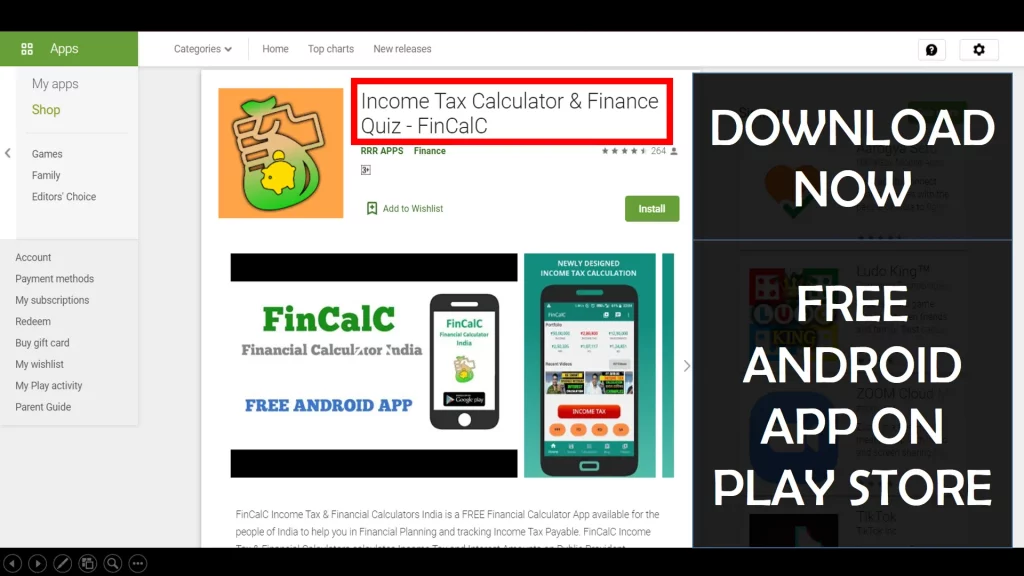
Use Popular Calculators:
- Income Tax Calculator
- Home Loan EMI Calculator
- SIP Calculator
- PPF Calculator
- HRA Calculator
- Step up SIP Calculator
- Savings Account Interest Calculator
- Lump sum Calculator
- FD Calculator
- RD Calculator
- Car Loan EMI Calculator
- Bike Loan EMI Calculator
- Sukanya Samriddhi Calculator
- Provident Fund Calculator
- Senior Citizen Savings Calculator
- NSC Calculator
- Monthly Income Scheme Calculator
- Mahila Samman Savings Calculator
- Systematic Withdrawal Calculator
- CAGR Calculator
I’d love to hear from you if you have any queries about Personal Finance and Money Management.
JOIN Telegram Group and stay updated with latest Personal Finance News and Topics.
Download our Free Android App – FinCalC to Calculate Income Tax and Interest on various small Saving Schemes in India including PPF, NSC, SIP and lot more.
Follow the Blog and Subscribe to YouTube Channel to stay updated about Personal Finance and Money Management topics.

